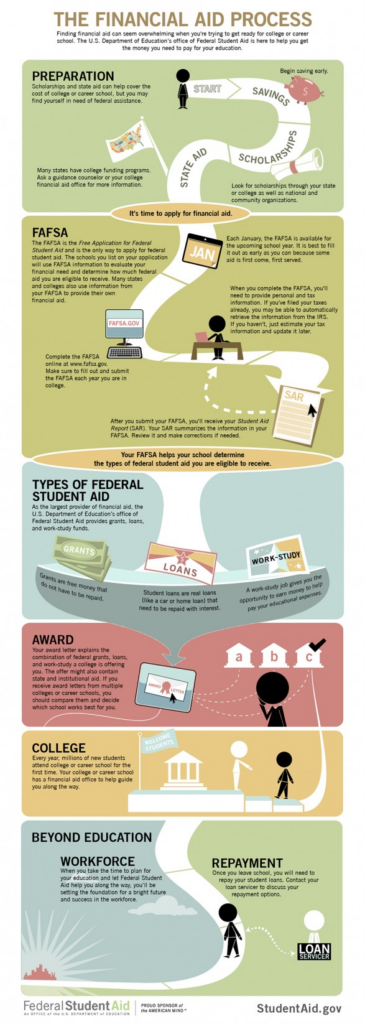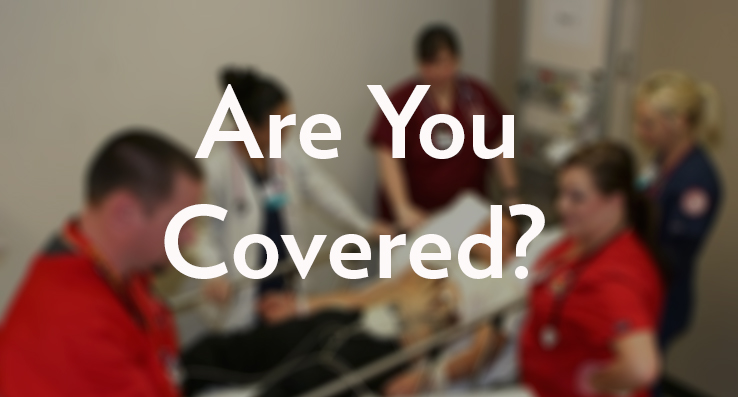The Foundation was featured on NBC 5 Chicago’s Making a Difference segment with LeeAnn Trotter. […]
See the Foundation on NBC 5 Chicago News


The Foundation was featured on NBC 5 Chicago’s Making a Difference segment with LeeAnn Trotter. […]
Take Deep Breaths and Move Forward. Between exams, essays, friends, family, extracurriculars, finances, and worries about the future, we know that life for a college student can be stressful. So, relax, take a few breaths (tip #1!), and spend a few minutes managing stress. Deep Breaths Feeling overwhelmed? Panicked? Anxious? Give yourself a moment to […]
Take Deep Breaths and Move Forward. Between exams, essays, friends, family, extracurriculars, finances, and worries about the future, we know that life for a college student can be stressful. So, relax, take a few breaths (tip #1!), and spend a few minutes managing stress. Deep Breaths Feeling overwhelmed? Panicked? Anxious? Give yourself a moment to […]
Take Deep Breaths and Move Forward. Between exams, essays, friends, family, extracurriculars, finances, and worries about the future, we know that life for a college student can be stressful. So, relax, take a few breaths (tip #1!), and spend a few minutes managing stress. Deep Breaths Feeling overwhelmed? Panicked? Anxious? Give yourself a moment to […]

On May 29th, 2014 Pullman Scholars participated in the first-ever Pullman Scholar Symposium that offered panel discussions, networking opportunities, and career development workshops designed to give them the tools needed to thrive during college and beyond. Alumni, board members, and volunteers joined the scholars for an evening of networking and to hear keynote Pullman Scholar Alumnus Steven Fair speak […]

How to Write a Professional Bio as a College Student. A well-written bio is a great tool to have in your professional toolkit. Whether for a job application, networking event, or as an introduction for future employers, your bio is a great way to share who you are and highlight your accomplishments. It can also be […]

For many high school seniors and college students, ushering in the New Year isn’t only about the party hats, sparklers, and resolutions, it also rings in the FAFSA season (Free Application for Federal Student Aid). First-time FAFSA tacklers and even those who’ve completed the form several years in a row can feel the process is […]

By Julia Lane, Intern. It wasn’t too long ago that a classmate of mine was out biking around Uptown on a beautiful summer day in Chicago. Later that evening she developed a fever, and the next day she began having trouble breathing. After being rushed to the ER and spending a week in the ICU she […]